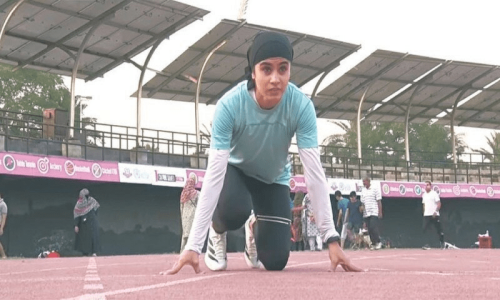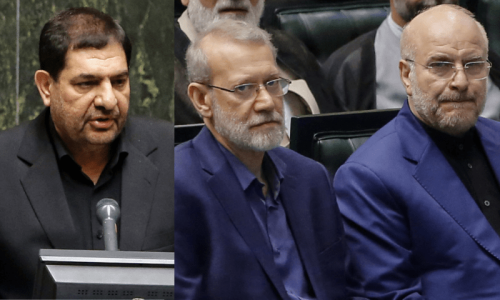THE US-India Strategic Dialogue is set to resume when Secretary of State John Kerry visits New Delhi at the end of the month. His trip will be followed by a series of cabinet- and sub-cabinet-level visits leading up to the summit between Mr Modi and Mr Obama in September. A hearing by a subcommittee of the Senate Foreign Relations Committee held this week highlights the fast-changing mood in the United States that wants to re-engage with Modi’s India, as well as the renewed thrust for India to play a larger regional role. The mounting interest that the world’s largest economies are taking in Mr Modi and his promise of reviving India’s growth, investing in its infrastructure, opening its economy to foreign investment and reaching out to neighbours as well as distant countries for renewed trade partnerships is important for the Pakistani government to follow closely. The implications are that Mr Modi’s approach to reforming India’s allocative priorities holds important clues to what neighbouring countries such as Pakistan can expect in the years to come.
Nowhere are Mr Modi’s priorities and style better revealed than in his first budget. For instance, despite some tough talk during the poll campaign, and some high-profile visits to the defence services, the budget hikes defence spending by 12.5pc against the services’ demand for 25pc. In fact, most of this hike was already programmed in the interim budget left behind by the previous government, with only 2pc being added by the new government. It appears that restraining government expenditure is a higher priority at this stage, although many observers feel the revenue measures to limit the deficit to 4.1pc are not there in the budget. The real hikes are in foreign direct investment in the military industrial sector that the new government is seeking to double in one year.
Regionally, India’s new budget also appears to be trying to reach out to neighbouring countries, with small but meaningful hikes in grants and loans given to Bhutan, Sri Lanka, Afghanistan and Nepal. The pragmatism that is informing budget decisions was summarised by Finance Minister Arun Jaitley in a post-budget interview where he cautioned against advancing reforms “in a manner that the political system is unwilling to accept...”. This statement appears to reflect the approach of the new government, despite expectations of drastic action. The anomaly in India’s growth story of the past few decades is the lack of trade with neighbouring countries, whereas deepening regional trade ties has been the norm for most other countries. If and when he sets about the task of rectifying this anomaly, the costs of the political shock engendered might outweigh the economic benefits initially. There is little reason to doubt Mr Modi’s desire for better relations with neighbouring countries, but it may not be his decision to make.
Published in Dawn, July 20th, 2014











































